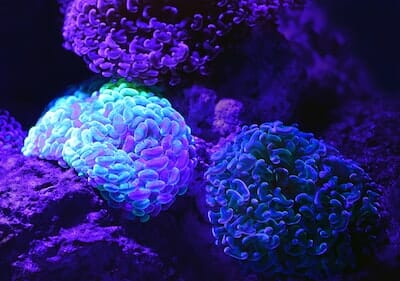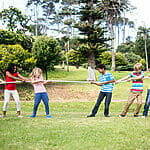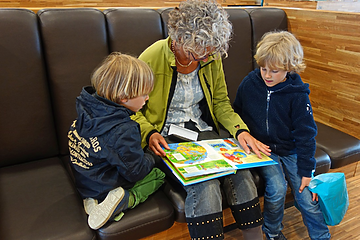As a homeschooling parent, I understand the challenges of finding quality resources and curriculum to teach science. It’s important to provide engaging and exciting opportunities for our children to explore, learn, and experiment in the world of science.
Fortunately, there are numerous free online science resources available that can supplement our lessons and provide new and exciting ways to learn.
In this article, I will highlight some of the best free science resources for homeschooling families. From curriculum options to supplemental resources, there are many ways to incorporate science into our daily lives and make it a fun and exciting subject for our children.
I hope that this article will serve as a helpful guide for homeschooling parents who are looking to enhance their science curriculum and inspire their children to explore the wonders of science.
Key Takeaways
- Science is a fascinating subject that can be adapted to different learning styles and methods.
- There are numerous free online science resources available for homeschooling parents, including Citizen Science Opportunities, Science Buddies, and National Geographic for Kids.
- Homeschooling families can incorporate science into their daily schedule with experiments, living books, virtual field trips, and more.
- Science can be hands-on and is a great topic for all learning styles, but on-site field trips and science curricula may require additional purchases for kits and supplies.
Curriculum Options
I’ve investigated the top homeschool science curriculum options, and I’ve found that there are some great choices for families looking to supplement their science education.
Some of the top picks include Smart Science Education, Supercharged Science, Khan Academy, Apologia Science, Time4Learning, Easy Peasy Homeschool: Science, Quest Clubs, Pandia Press, Science for High School, and Ocean First Education. These budget-friendly options offer a variety of learning styles, from hands-on experiments to online courses.
One of my personal favorites is Supercharged Science, which offers a comprehensive science curriculum for K-12 students. Their hands-on experiments and activities make learning fun and engaging, and the online platform is easy to use.
Another great option is Khan Academy, which offers free online courses in a variety of science topics, from biology to astronomy.
No matter which curriculum you choose, incorporating science into your homeschooling routine can be a rewarding experience for both you and your child.
Supplemental Resources
One can easily enhance their homeschool science curriculum by incorporating various supplemental resources. These resources not only provide additional learning opportunities but also make science more engaging and fun for children.
Here are some of my favorite supplemental resources for homeschool science:
-
Citizen Science Opportunities: These allow children to participate in real scientific research projects while learning about different scientific concepts.
-
Virtual Field Trips: These are a great way to explore different scientific concepts from the comfort of your own home. Some great options include the National Park Service Virtual Tours and the Google Arts and Culture Virtual Tours.
Incorporating these resources into your homeschool science curriculum can help your child develop a deeper understanding of different scientific concepts and foster a love for learning. So why not give them a try?
Can History Learning Be Fun and Engaging for Homeschoolers?
Can history learning be fun and engaging for homeschoolers? Absolutely! With the right resources and approach, fun history learning can become a reality. Incorporating interactive activities, such as virtual field trips, role-playing, or creating historical art projects, can bring the past to life and captivate homeschoolers’ interest. Engaging with primary sources, documentaries, and historical fiction can also make the learning process exciting and enjoyable.
Incorporating Science in Daily Life
Every day, I try to incorporate science into my family’s routine by using everyday items to teach my children about scientific concepts. For example, I use eggs to demonstrate the effects of acid on teeth. I explain how acids in sugary foods can erode teeth over time, just like how the vinegar in the eggshell can dissolve it.
My children love the hands-on experience, and it helps them understand scientific concepts in a tangible way. In addition to experiments, I also incorporate virtual field trips into our science education. We explore different ecosystems and habitats through online resources, like the National Geographic Kids website.
It’s a great way to expose my children to different parts of the world and the animals that live there. It also helps them understand how all living things are interconnected and how humans impact the environment. By incorporating science into our daily life, my children are developing a love for learning that will stay with them for years to come.












